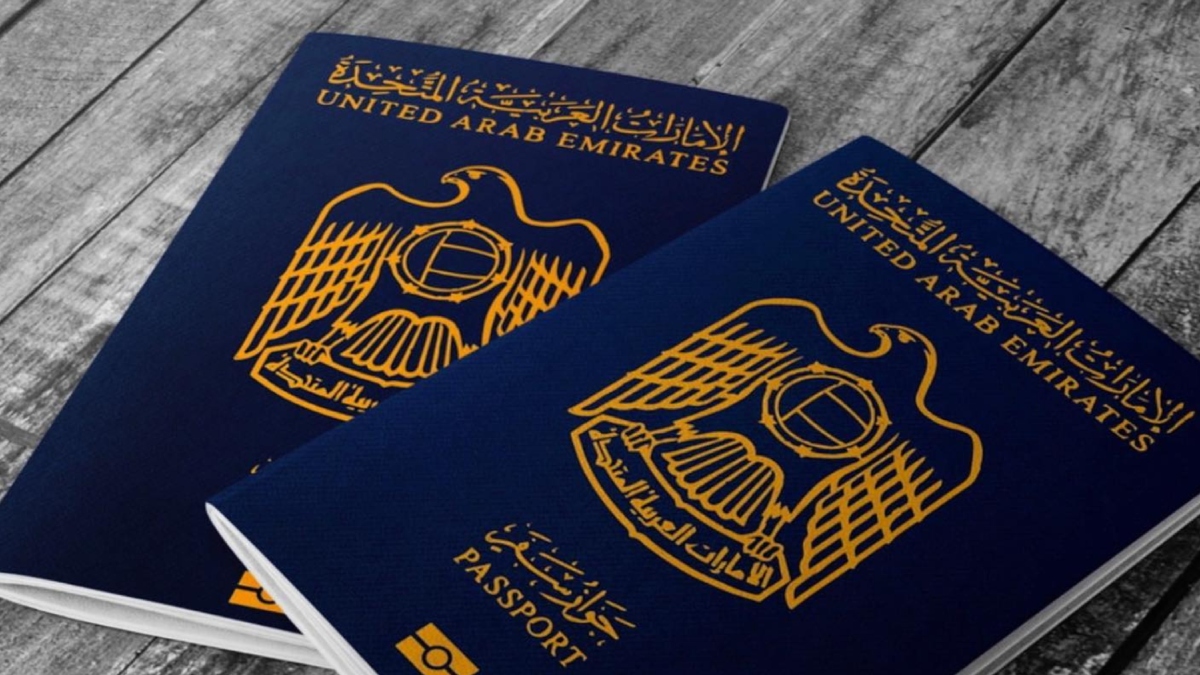The UAE has witnessed a significant rise in the strength of its passport, now ranked 11th globally, according to the latest Henley & Partners 2024 Passport Index. The UAE passport now offers visa-free access to 183 countries, marking a climb of two positions from the previous year.
Over the past decade, the UAE has been the most improved country on the Index, adding 106 visa-free destinations to its list. This remarkable growth has propelled the UAE’s ranking from 55th in 2014 to 11th in 2024, a leap of 44 places.
In the Middle East, the UAE passport continues to hold the top position, leading over its regional counterparts. Qatar ranks second in the region at 53rd globally, followed by Kuwait (55th), Bahrain (59th), Oman (60th), and Saudi Arabia (61st). The visa-free access for these countries ranges from 89 to 108 countries.
At the other end of the spectrum, Afghanistan, Syria, Iraq, Pakistan, and Yemen are positioned at the bottom of the Index, with Afghanistan ranking the lowest at 104th.
Meanwhile, Bangladesh improved its position to 97th, and India climbed three spots to 80th. The Henley & Partners Passport Index is based on data from the International Air Transport Association (Iata).
Globally, the index reveals that four European countries – France, Germany, Italy, and Spain – along with Japan and Singapore, hold the title for the world’s most powerful passports. Citizens of these nations can travel to 194 out of 227 possible destinations without needing a visa.
Japan and Singapore have maintained their top position for the past five years. Dr. Christian H. Kaelin, chairman of Henley & Partners, highlighted the growing disparity in global mobility. He pointed out that while the top-ranked countries enjoy access to 166 more destinations than Afghanistan, the global average for visa-free travel has nearly doubled from 58 in 2006 to 111 in 2024. However, Afghanistan remains at the bottom of the ranking with visa-free access to just 28 countries.






